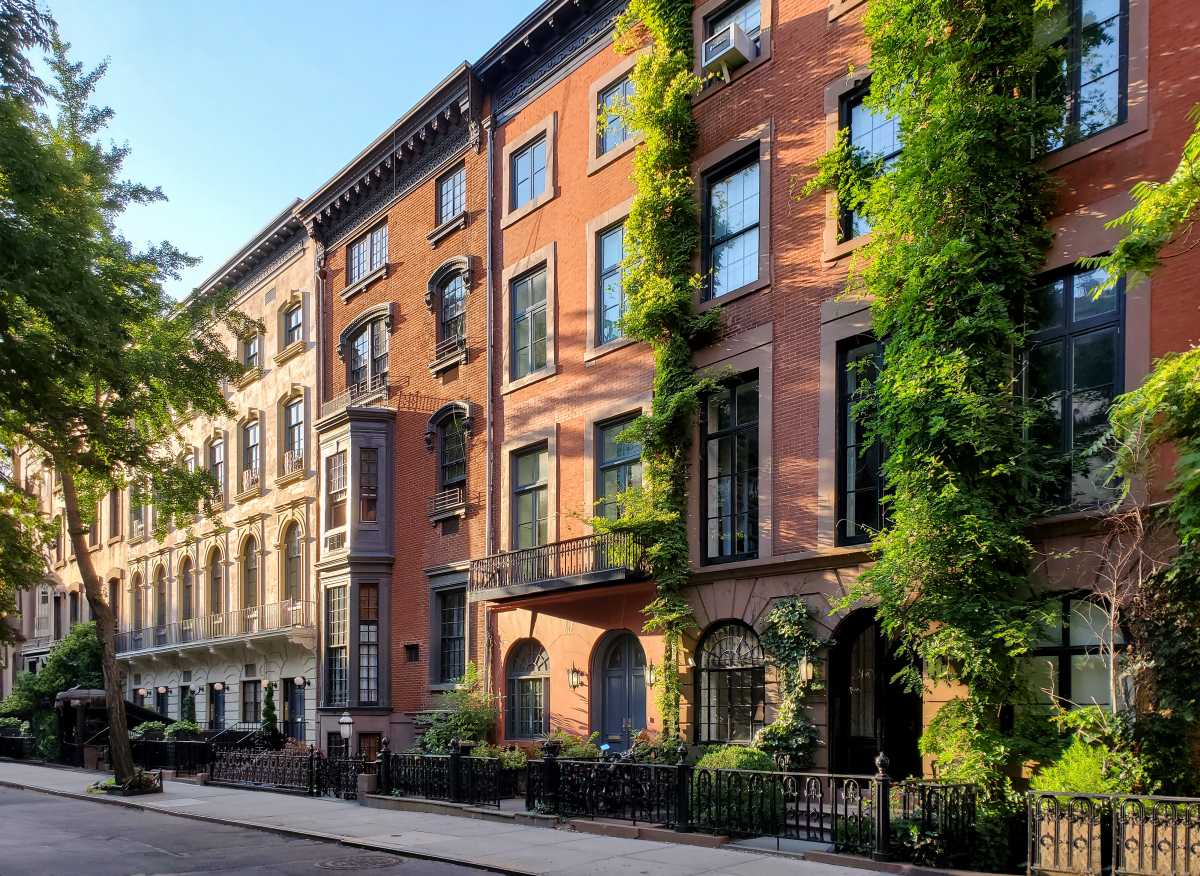I spend 11 months out of the year in my home in China, but I also own a New York co-op. Is the building allowed to charge me an extra maintenance fee because it’s not my primary residence?
“In all my 34 years of experience selling residential real estate,” says real estate broker Shirley Hackel of Warburg Realty, “I’ve never heard of a co-op charging extra maintenance to shareholders for whom the apartment is not a primary residence.”
But while this seems like an unusual request, since you arguably put less stress on the building’s staff and facilities than full-time residents, it’s within the board’s authority to levy this charge, our experts say. If the building has disclosed this potential fee in either your proprietary lease or your co-op bylaws, it’s legitimate.
“I do not see anything that would prevent the shareholders of a co-operative from adopting an amendment to the co-operative’s form of proprietary lease which would provide the necessary authorization to charge such a fee, so long as it was charged consistently and uniformly based on a clear set of parameters,” says real estate attorney Jeffrey Reich of Wolf Haldenstein Adler Freeman & Herz, who noted that he’s never come across such a provision either.
Your first step, therefore, is to double check your lease and bylaws, Reich says. If the documents are silent on the fee, you may have a case to challenge it in one of two ways, he says.
First, you could file a lawsuit seeking a declaratory judgment — essentially, a judge’s ruling — that the co-op doesn’t have the right to impose the fee; or, the riskier option, you could refuse to pay it and wait for the board to sue you, defending any non-payment action on the grounds that they had no right to charge you in the first place, Reich explains.
Either way, you’ve at least got common sense on your side, if not your (sometime) neighbors.
“Frankly, I don’t see a good reason why a co-op would charge pied-a-terre owners with any additional fees, since the reality is that an owner who uses his home infrequently is less taxing on building services and staff,” says Hackel.
Leigh Kamping-Carder is a senior editor at BrickUnderground.com, the online survival guide to finding a NYC apartment and living happily ever after. To see more expert answers or to ask a real estate question, click here.





































